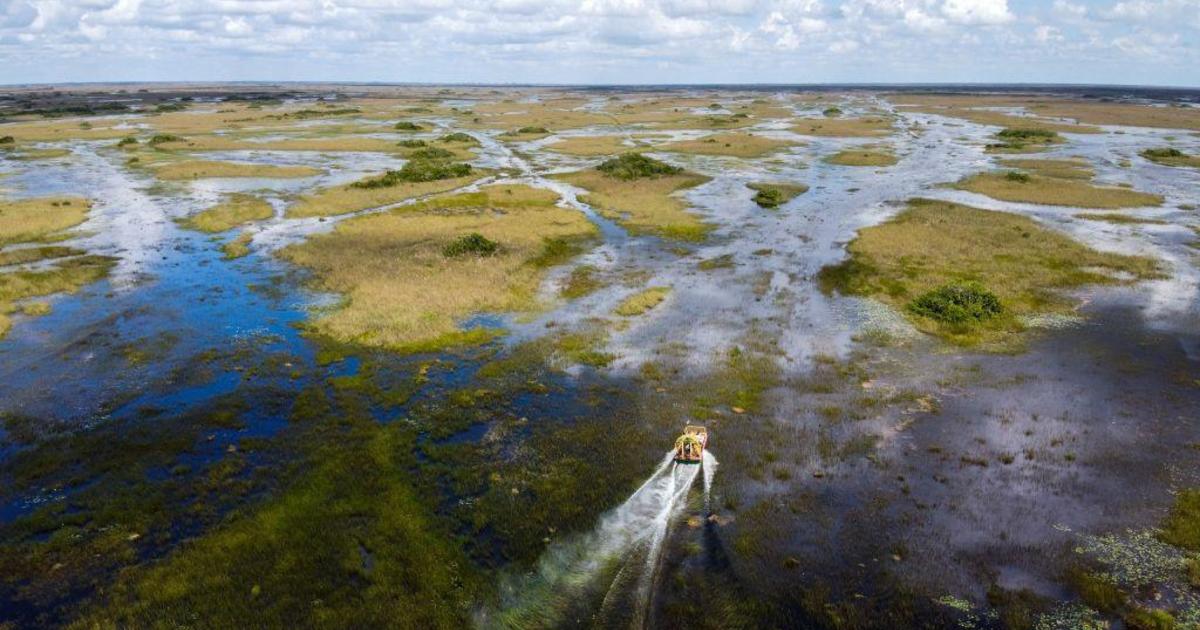Key takeaways:
- The Supreme Court ruled in favor of an Idaho couple in a landmark case that weakens the Clean Water Act.
- The case began when the couple purchased a 0.63-acre lot in Priest Lake, Idaho, and the EPA issued a compliance order claiming that the land was subject to the Clean Water Act.
- The ruling is a major victory for property rights advocates and a setback for environmental groups that had hoped the Clean Water Act would protect wetlands from development.
The Supreme Court on Thursday ruled in favor of an Idaho couple in a landmark case that weakens the Clean Water Act. In a unanimous decision, the court found that the Environmental Protection Agency’s interpretation of the law was “inconsistent” with the text and structure of the law.
The case, Sackett v. EPA, began when Chantell and Mike Sackett purchased a 0.63-acre lot in Priest Lake, Idaho, in 2005. The couple planned to build a home on the property, but the EPA issued a compliance order claiming that the land was subject to the Clean Water Act and that the Sacketts needed a federal permit to build on it.
The Sacketts challenged the order, arguing that their land did not contain wetlands subject to federal oversight under the law. The Supreme Court agreed, ruling that the law extends only to “wetlands with a continuous surface connection to bodies of water that are ‘waters of the United States’ in their own right.”
The ruling ends a years-long battle between the Sacketts and the federal government and is a victory for conservative groups and business interests opposed to the broad application of the water pollution law.
The decision was authored by Justice Samuel Alito and was joined by five other justices. Justices Brett Kavanaugh, Sonia Sotomayor, Elena Kagan and Ketanji Brown Jackson agreed with the outcome but differed on the legal reasoning.
The ruling is a major victory for property rights advocates and a setback for environmental groups that had hoped the Clean Water Act would protect wetlands from development. The decision will likely have far-reaching implications for the scope of the law and the ability of the EPA to regulate water pollution.



Be First to Comment